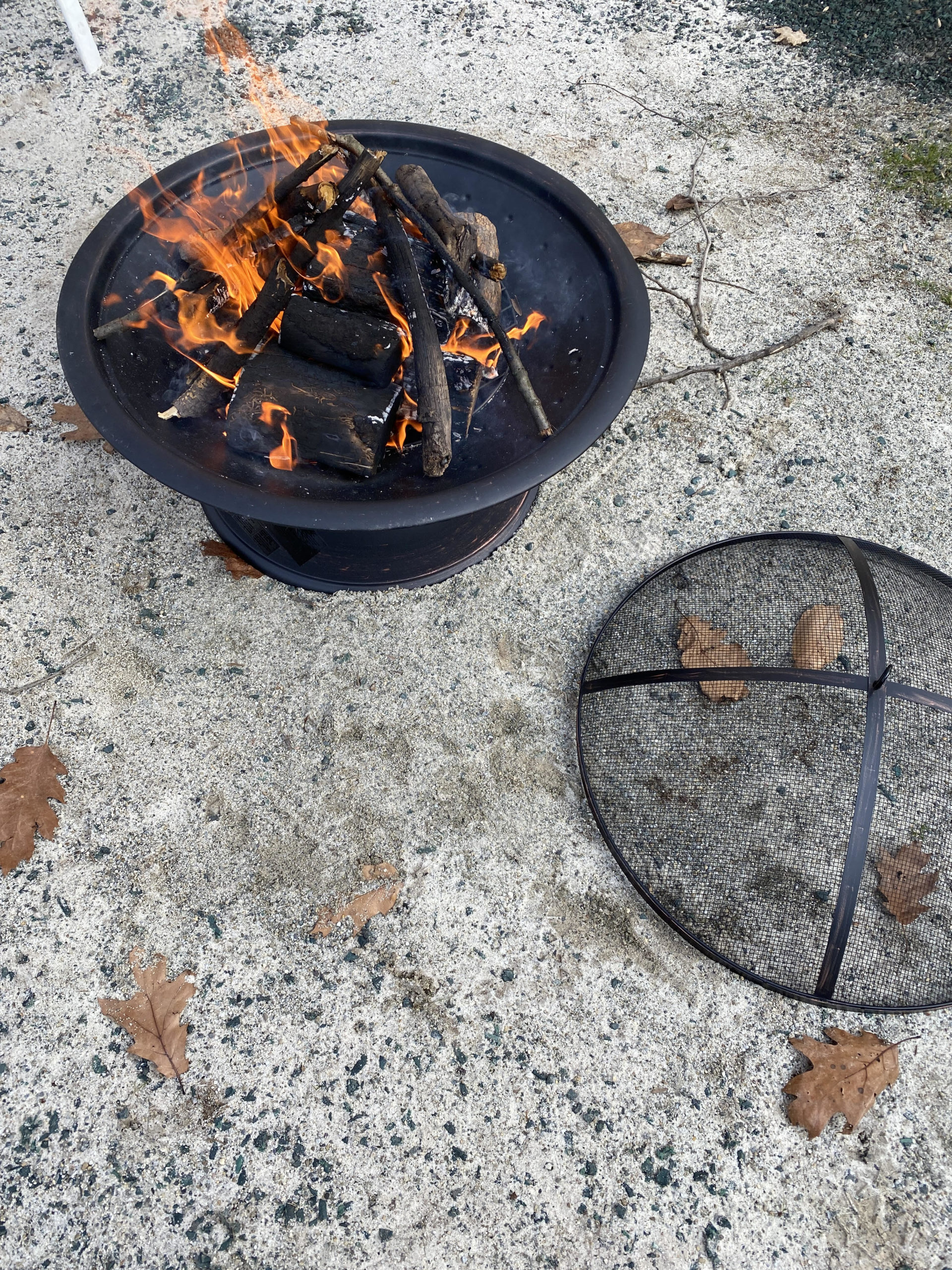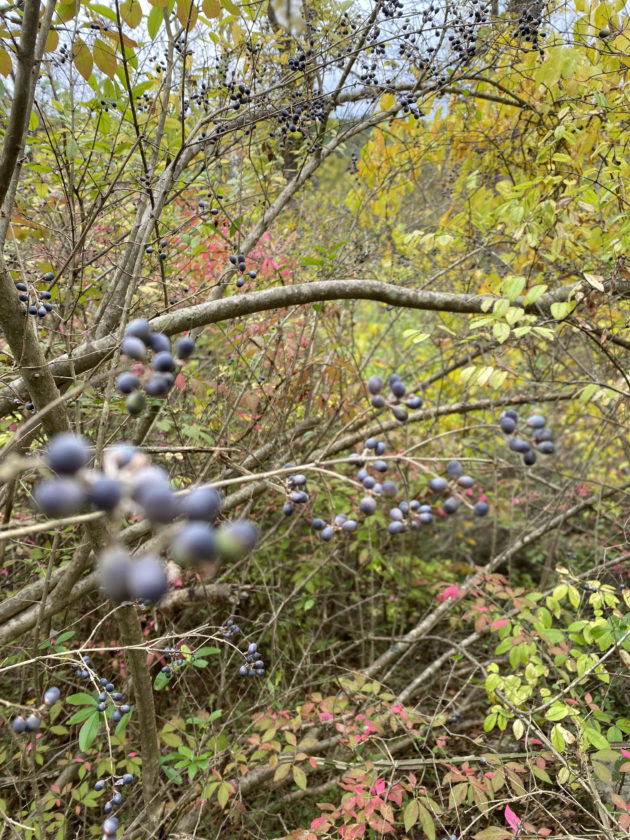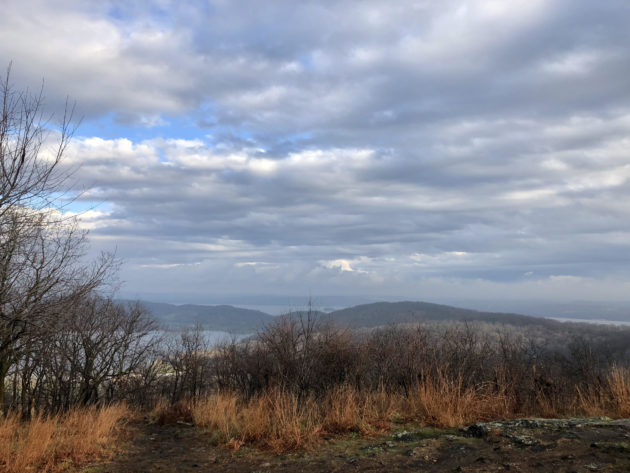
Fallow Year
This Jewish year that began, for many of us, watching Rosh Hashanah services virtually from home is known as Shmita, “a year of release.” During this Sabbatical, which takes place every seven years, the Torah states, “And six years thou shalt sow thy land, and gather in the increase thereof; but the seventh year thou shalt let it rest and lie fallow, that the poor of thy people may eat;…” Exodus (23:10). Within this concept is an opportunity for new growth, forgiveness and renewal.
Learning this, I thought of the last year we’d had in response to this global pandemic, my husband and two daughters and I barely leaving one another’s side and home. It was challenging and isolating, but it was also an unplanned kind of Sabbatical year, a lapse in our normal routine. Could it potentially be an opportunity for growth? And maybe we need to change the way we operate as a family and as a society, so that it doesn’t take such a catastrophic event to make us reexamine our priorities.
In March 2020, my kids’ schools shut down and we stayed home and away from others. COVID-19 cases were spreading in New York. It felt like someone had pulled the plug: businesses dark, everything quiet. I wanted to reassure my kids, but inside I felt constricted. I worried constantly about my family and friends. At night, I’d recite a long list of their names in my head, praying for their health, often falling asleep in the middle of my prayer.
Over the next year, half a million Americans would die from COVID-19 this next year, over 44,700 in New York State, 773 in my county alone. Healthcare workers served us without adequate gear. Many lost their jobs. Inequities when it comes to race, gender, class, age, ethnicity, sexual orientation, and quality of health were made even more gaping.
We had the privilege of a choice to work from home, and to keep the children home for school, too. We chose the safest option. Was it out of fear? Stubbornness? Caution? We hoped that if we held each other close and stayed isolated, we could keep our family safe, and potentially lower the risk of spreading the illness to others.
So in Fall 2020, my kids started kindergarten and third grade on their computers, and I became their administrative assistant, making sure they were on their Zooms, helping them upload their work. They became more independent as the year went on, but I still hung around in my sweatpants, snacking on graham crackers in the background .
Teachers and students were trying to connect, despite technical issues and the constraints of Zoom. We were all fumbling. I often felt weighed down by our decision to keep them home. We never had a breather. They were missing social connections. I was not furthering my own career, and began losing a sense of who I was beyond my role as Mommy. I know I was not alone, that many women I know were working full-time while playing the role of teacher, mother and friend to their children.
But our remote year offered togetherness that we wouldn’t otherwise have had. When we had little breaks, I’d run, and my older daughter would bike alongside me, or the kids and I would take a walk to the little beach by the river to make rock sculptures or put our feet in the water. I devoted time to help my younger daughter learn to read, and we had special moments together, when she’d sing and dance for me, tell me elaborate stories about fairies or recite dinosaur facts.

Our focus as a family narrowed. We weren’t driving the kids from one activity to another. We didn’t go out to eat, didn’t travel, didn’t go to movies or the mall.
We, and a few other families, had outdoor, masked playdates in all seasons, the sun disappearing behind the mountain that hovers over our house, the temperature dropping. Everyone accommodated each other’s comfort levels. We sat in a wide circle in the lawn, later by the firepit wearing puffy coats and blankets, our fingers numb, and even sitting in the snow, in the dark, under a string of outdoor lights. When we made it through the school year, we held a graduation ceremony in our yard. The parents handed out bubbles, pencils and certificates.
The original purpose of Shmita was one of ecological and economic justice. In an article on Civil Eats, Lucy Zwigard, a farmer at Urban Adamah says, “What sets Shmita apart from typical crop rotations is that it invites us to re-imagine our fundamental relationship with the land…Shmita is a full-stop, reset, rethink of cultivation.”
So, how do we use this break from normalcy to reset and cultivate? In Fall 2021, after eighteen months at home and after my husband and I were fully vaccinated, we made the decision to send the kids back to school. My fears about their safety are always in the back of my mind, but the kids are happy so far, a spark returning to them that was dormant for too long. I feel lighter too as I’ve returned to my own work, as I’m reminded of how much more of me there is beyond my role as a mother.
And yet I also feel disoriented as we’ve become more social again, as if returning to a house I once lived in, the old rooms looking slightly different from how I remembered them. I’m aware of a need to tread lightly and move slowly, to take small steps to reenter. My gut is telling me not to move on without looking back.
In the days after a Shmita ends, I imagine a farmer looking out at a wild overgrown field, maybe with uncertainty. Maybe it requires a little faith to believe that after planting new seeds, and sowing the unworked soil, new life will come back stronger.
I want to pause and reflect before plowing ahead into 2022 and beyond. We’ll need to repair, to grieve, to recover. And where do we begin?

As a family, we might just need to fight the impulse to overbook ourselves, in order to hold onto our quiet time and make space for togetherness. I’d like to put forth more of a conscious effort to dedicate ourselves to Tikkun Olam, starting with our own community. This fall, my kids helped pick up trash at a local park with other Hebrew School families, cheering on a volunteer as he pulled a rusty stop sign out of the creek. We also participated in a local food drive, the kids running around town to drop empty paper bags on porches, and coming back to collect the full ones the following week. This is just a start. The world is so broken, and there’s so much to do.
As a society, we might need to radically rethink how we work and what we value, acknowledging the racial and gender inequities that cost some people their lives. Perhaps this means sticking our necks out for policy changes, like advocating for affordable universal healthcare to ensure that the same medical care is available to all. It might mean improving the pay and quality of low-wage jobs, providing access to paid sick days and ensuring adequate protections and safe conditions for all essential workers. People should not have to put their health on the line to support their families.
I hope we’ll make some sense of this fallow year, that we’ll have something to offer—that we will grow and emerge from this as better versions of ourselves. The path forward might look different for each of us, but it should not take another global pandemic for us to recognize what’s most important.



